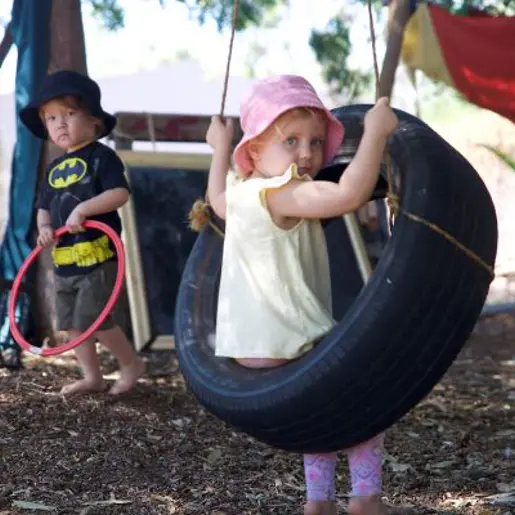“There should be someone like the Royal Commission who comes in and does a check to make sure the organisation is doing what they say they’re doing. It should be a surprise and there should be real consequences if they’re not protecting kids properly.” Young person
Continuous improvement

National Principle 9: Implementation of the National Principles for Child Safe Organisations WA is regularly reviewed and improved.
Organisations must remain attentive and responsive to new challenges in order to maintain a child safe and friendly environment. ‘High reliability organisations do not try to constantly close the gap between procedures and practice by exhorting people to stick to the rules. Instead, they continually invest in their understanding of the reasons beneath the gap. This is where they try to learn – learn about ineffective guidance; learn about novel, adaptive strategies and where they do and do not work.’1
An ongoing cycle of assessment, action and reflection will assist organisations to be vigilant as they regularly review, update and refine policies and practices to assess their effectiveness and strive for excellence.
These processes require openness to external influence and accountability, and commitment to quality assurance and improvement practices.
Organisations have a responsibility to ensure children’s rights are protected. They can help families to protect children’s rights and create an environment where children can grow and reach their potential. (Convention on the Rights of the Child, Article 4)
Commissioner's resources
National resources
Practical guide for implementing the Child Safe Standards - Royal Commission into Institutional Responses to Child Sexual Abuse
Organisational self-assessment - Australian Human Rights Commission
Commonwealth Child Safe Framework - Australian Government
Other resources and examples
Creating a Child Safe Organisation - Play by the Rules
Explore the National Principles
Endnotes
- Dekker S, cited in Munro E & Fish A 2015, Hear no evil, see no evil: Understanding failure to identify and report child sexual abuse in institutional contexts, Royal Commission into Institutional Responses to Child Sexual Abuse, Sydney, p. 32.



